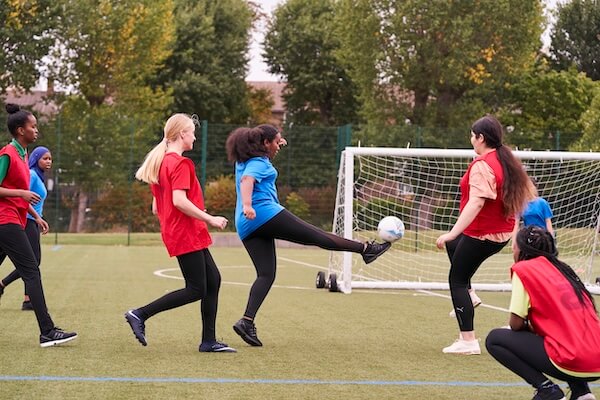
Childhood obesity is a complex issue that requires complex solutions. According to a new study conducted by the University of Sydney's Charles Perkins Centre, focusing solely on diet and exercise programs won't be enough to curb the tide of childhood obesity. The study mapped the complex pathways that lead to obesity in childhood and found that socio-economic status plays a crucial role. Children whose parents did not complete high school and who live with social disadvantage were more likely to be affected by overweight or obesity in mid-adolescence.
The study reveals that socio-economic status is an 'on ramp' that flows down to influence the body mass index (BMI) of parents, which in turn provides immediate lifestyle impacts such as diet and sedentary time that affect a child's risk of developing obesity. While healthy eating and activity interventions are important, the solutions lie not just in the domain of health departments. The study suggests that many government departments should work together to make structural changes to reduce social inequality if we want to change our current trajectory.
Childhood obesity can lead to a higher risk of cardiovascular disease, insulin resistance, psychological effects and even premature death. In Australia, 1 in 4 school-aged children and adolescents are affected by overweight or obesity, with 1 in 12 affected by obesity. It is more common in those living in regional and remote areas, those from lower socio-economic areas, those from one-parent families, and those with a disability.
The study drew on data from 'Growing up in Australia: The Longitudinal Study of Australian Children,' a nationally representative sample of over 10,000 Australian Children. The team of leading scientists and clinicians spent close to two years using state-of-the-art statistical modelling (Bayesian network modelling) to untangle a complex web of on-ramps and causal factors, many of which interplay. The knowledge gained from this study is vital for policy makers moving forward and could not have been achieved without a diverse skill set.
This study highlights the need for a multidisciplinary approach to tackle childhood obesity. It is not just a health issue but a social and economic issue that requires a collective effort to reduce social inequality.






